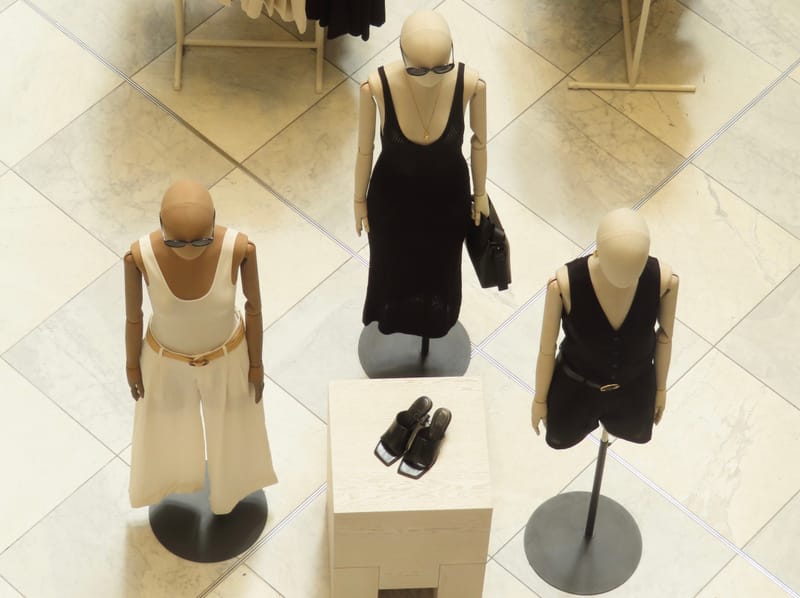“I’m not invisible” - Lack of affordable public housing isolates the homeless
🔗 [SYSTEM UPDATE] Link found. Timestamp incremented on 2025-11-26 13:55:13.More policy solutions are needed to combat "unprecedented rates" of homelessness among women over 55, experts warn.
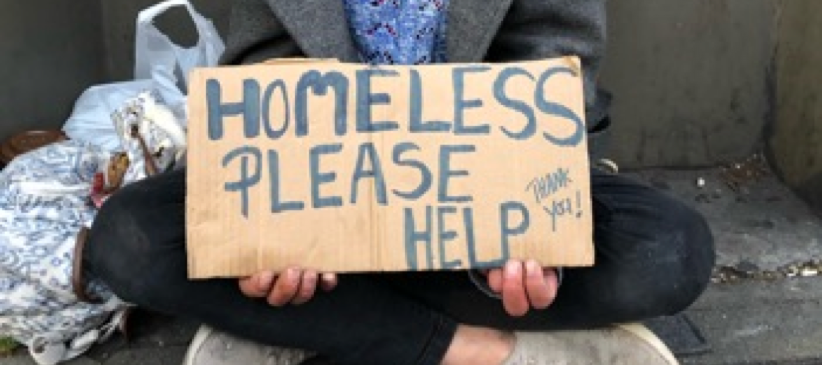
By MATTHEW CULL, EMILIO LANERA and PAT EMERY
More policy solutions are needed to combat "unprecedented rates" of homelessness among women over 55, experts warn.
Over the past five years there has been a 63 per cent increase in the number of women accessing specialist homeless services, according to a 2019 report by the Australian Human Rights Commission (AHRC).
Collecting data on homeless elderly women was difficult because a lot of women were reluctant to identify as homeless due to the stigma, the report found.
Housing For The Aged Action Group said the number of elderly women sleeping in their cars rose 75 per cent over the same period.
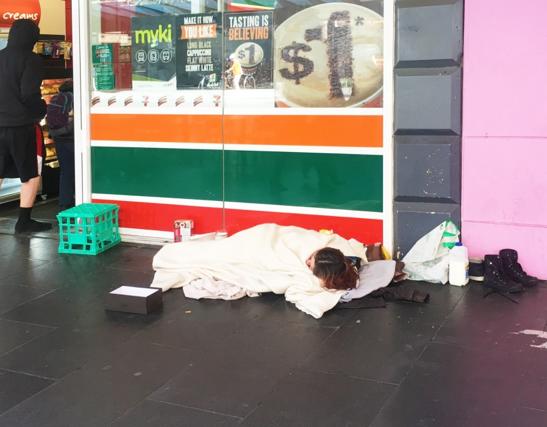
HAAG executive director Fiona York said women accounted for almost two-thirds of their clients.
"Women over 55 are experiencing homelessness at unprecedented rates," she said, adding that women were "particularly hard hit due to a lower wages", carer responsibilities and a lack of superannuation.
In the 2019 paper The Future Face of Poverty is Women, Monash research Professor Kathleen Riach found that women's superannuation was more than 40 per cent lower than men's.
But she said the main driver of homelessness was a lack of affordable public housing.
"The solution is for more government investment," she said.
Amanda McNaughton said she moved from Tasmania to Melbourne after her mother died, looking for a new start, but was now homeless.
“I was living with my mum and she had dementia and she wasn't paying her rates and stuff, then the bank took the house, so I came over to Melbourne,” she said.
“I never really rented anywhere, I’d always stay with my parents ... so I found it hard to rent because I had no renting history.”
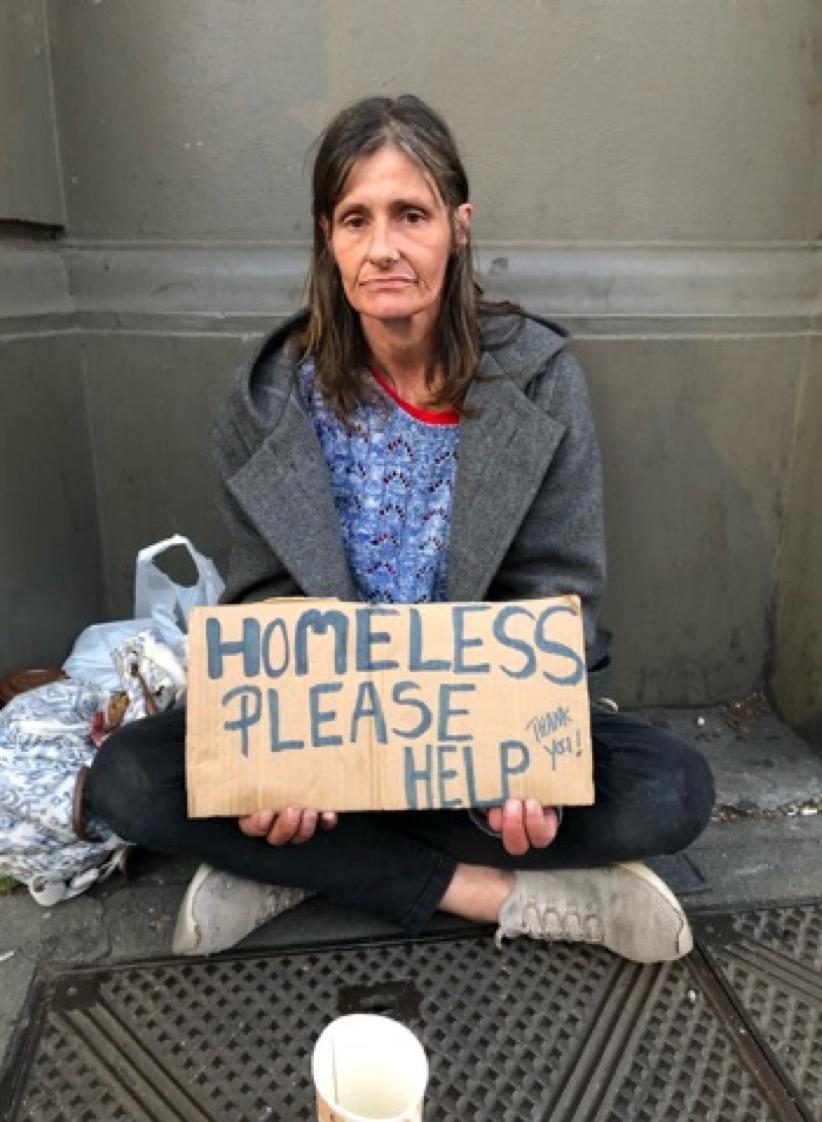
Ms McNaughton lived in a rooming house but said she did not feel safe there.
“People broke into my room stood over me and they were ransacking my room,” she said.
Despite having a son and daughter in Tasmania, Ms McNaughton said she is too ashamed to ask them for help.
“I have a daughter ... I haven't had the heart to tell her I'm homeless. She's got her relationship and her new life and I just don't want to put that on her, I just don't,” she said.
“My son is autistic … he wouldn't understand.”
Ms McNaughton said she recently bought a tent and was now sleeping rough.
Non-profit group Haven; Home, Safe communications director Sue Masters said elderly homeless women such as Ms McNaughton were “statistically invisible”.
“We need to pay particular attention (to elderly women) because this is the beginning of the next wave of homelessness,” she said.
Recent legislation in Victoria had steadied the homelessness rate since 2016, Ms Masters said, while states such as New South Wales, which saw a 27 point rise in homelessness in the same period, were an example of what happens when state and federal governments lack "clear policy solutions" to combat the issue.
The last census showed homeless rates for women aged over 55 rose 34 per cent in the five years to 2016, and for women over 65, rates soared 56 percent.
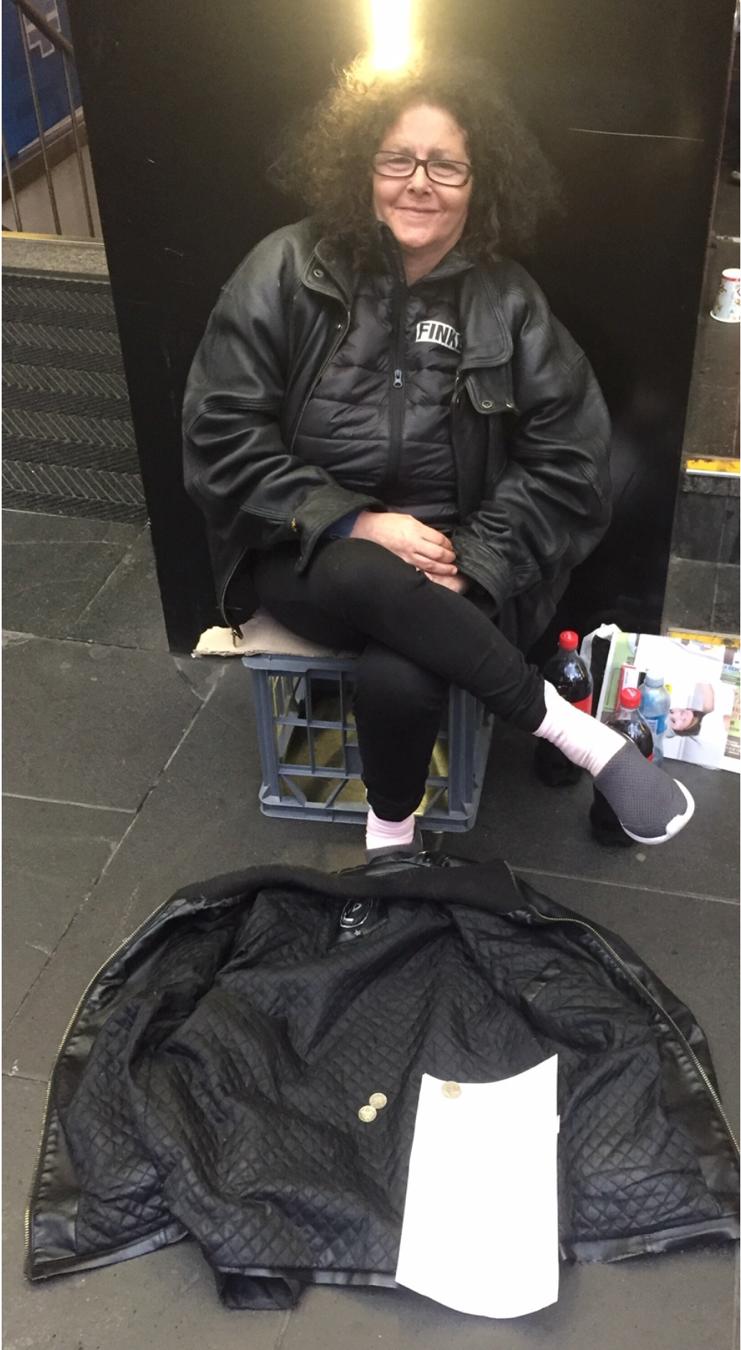
Council to Homeless Persons policy and advocacy officer Damien Patterson said this demographic was the one most at risk.
“We prioritise them, however we only have so much space and unfortunately still have to turn many down,” he said.
“It doesn’t win votes at elections. It is not sexy politics. But it is the government’s job is to provide adequate affordable housing for the whole population.”
Homeless woman Gabby said she had been homeless for more than a year.
“Can’t get a job mate, things just haven’t gone my way,” she said.
“I was living with a bloke a while back but I was naughty and he was a psychopath so he kicked me out, been sleeping rough since.
“I’ve stayed at the Salvos a bit but I can’t stay there forever. I try and go to different housing commissions but they just turn me down, say they’re too full.”





